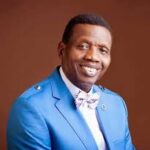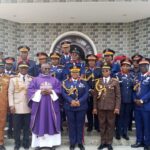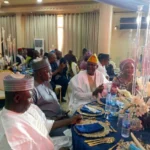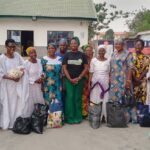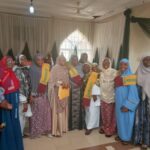By Ikenna Osuoha
Mr Steven Onyekwelu, Spotlight Project Manager, United Nations Educational, Scientific and Cultural Organisation (UNESCO), on Monday, said President Muhammadu Buhari demonstrated great inclusion of women in governance.
Onyekwelu said this at the occasion of the International Women’s Day (IWD) in Abuja, with the theme of this year’s celebration “Choose to Challenge.”
The project manager said UNESCO was satisfied with President Buhari’s commitment to women empowerment and equality.
“We are satisfied, as a matter of fact, His Excellency the President is doing a lot to ensure that inclusion in every area, in terms of governance, education, in terms of health, women are included,” he said.
The UN official, who congratulated women on the IWD, noted that UNESCO had through the spotlight project, empowered 6000 women in an accelerated second chance education.
“Why we are here today is to issue certificates to the 6000 women and girls that graduated from the programme of accelerated second chance education,” he said.
Hajiya Titalayo Olayande, the Director of Mass Education, FCT, commended the FCT Administration for being committed to the education of women and girls.
Olayande said that the FCT had structured programmes as second chance education for women and girls as roadmap to guaranteeing literacy for women.
She explained that the FCTA had extended the programme to rural communities to redeem the educational image of woman at the grassroots.
Mrs Victoria Nwogu, the Zonal Coordinator, Mass Education, Abuja Municipal Area council (AMAC), emphasised the imperatives of collaboration to achieve women empowerment through education.
Nwogu said that a government and private sector partnership in all spheres would drive the project for literate women before the year 2030.
“For the women, it is not too late to learn, at any point, they can learn,” she added. (NAN)



